Discover 15+ free Unilateral NDA templates in MS Word—protect your business secrets and confidential information with ease.
We’ve gathered over One-Way NDA templates in MS Word format to help you protect your sensitive information. Think of these agreements as your safety net—whether you’re a startup founder sharing innovative ideas, an employer safeguarding trade secrets, or a company collaborating without compromising your edge, these templates will help keep your valuable secrets secure.
Protect your valuable information with a One-Way NDA. Our customizable templates create a legal shield around your confidential data in just a few clicks.
Enjoy the confidence of knowing your secrets, innovations, and intellectual property are secure. Safeguard your future—click, customize, and take control. Your protection is just a click away.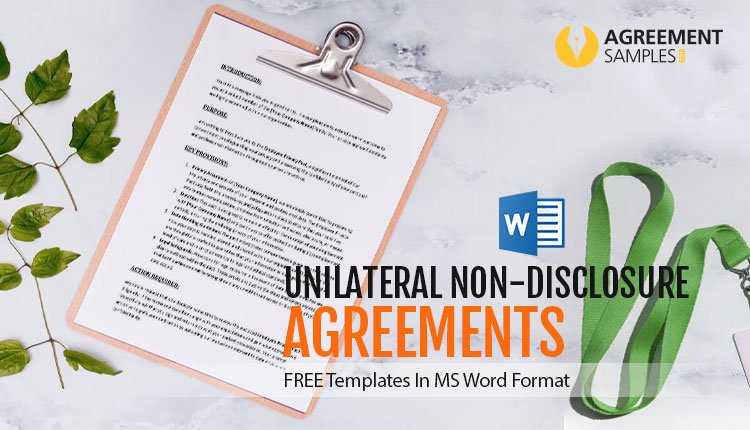
A Unilateral Non-Disclosure Agreement (One-Way NDA) is a legal contract where only one party shares confidential information and the other party agrees to keep it private.
It’s commonly used when companies disclose sensitive details—like trade secrets, designs, or client data—to employees, freelancers, vendors, or investors.
Key points:
In short, a unilateral NDA ensures that your private information stays protected when shared with others.
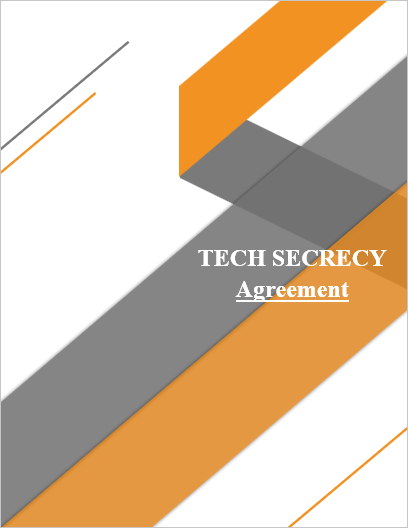
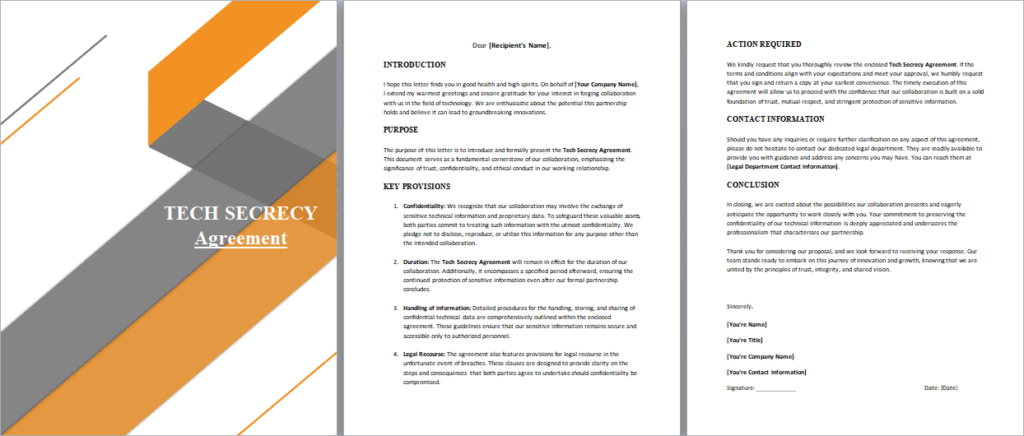

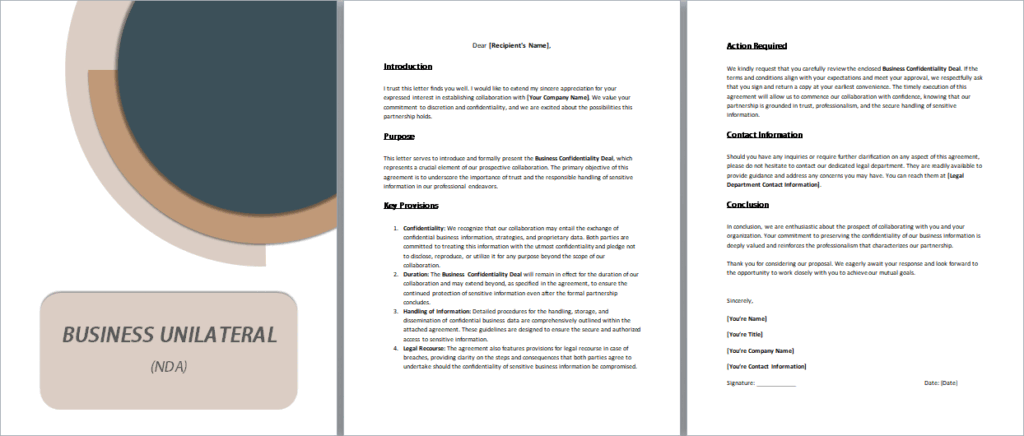
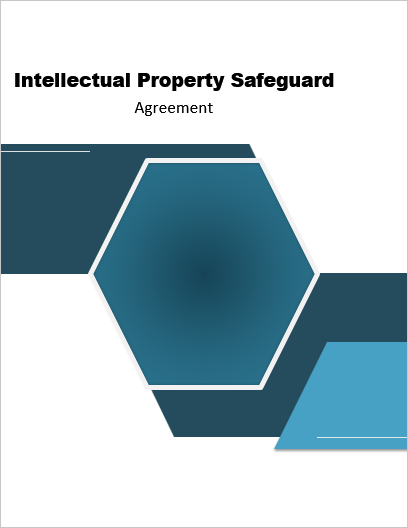
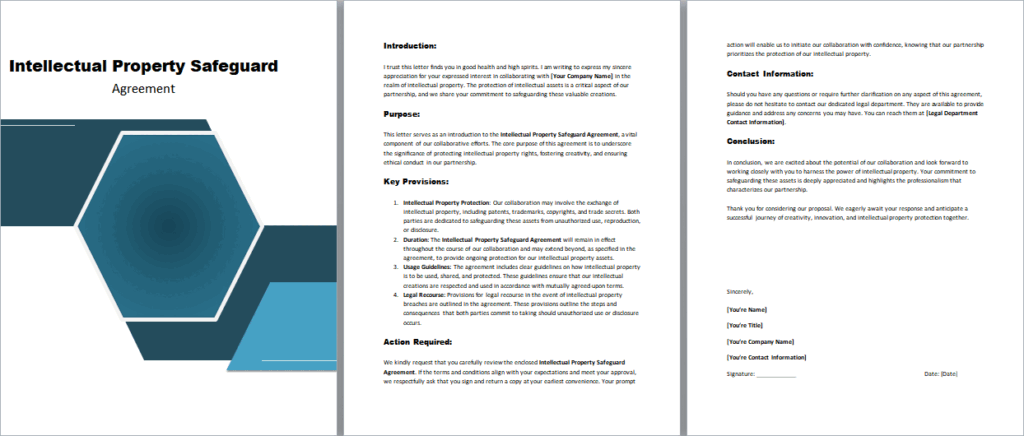
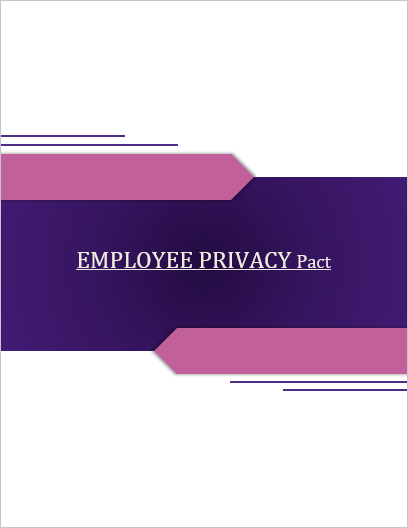
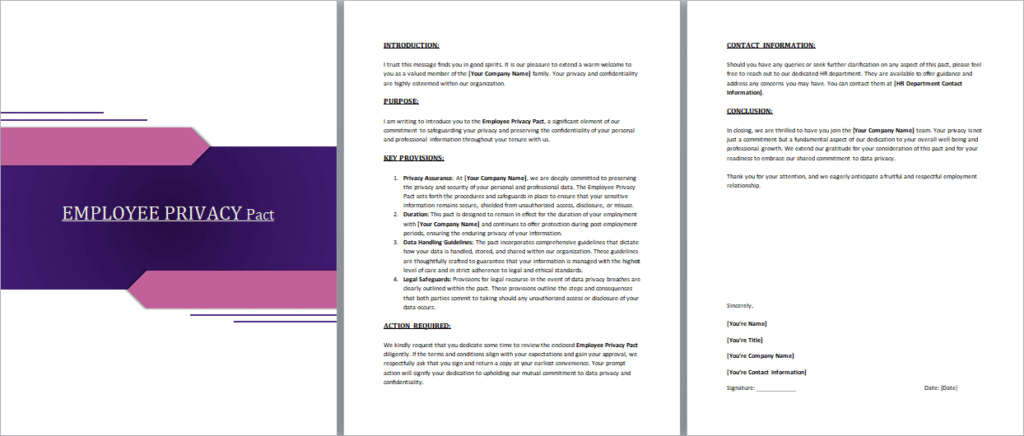

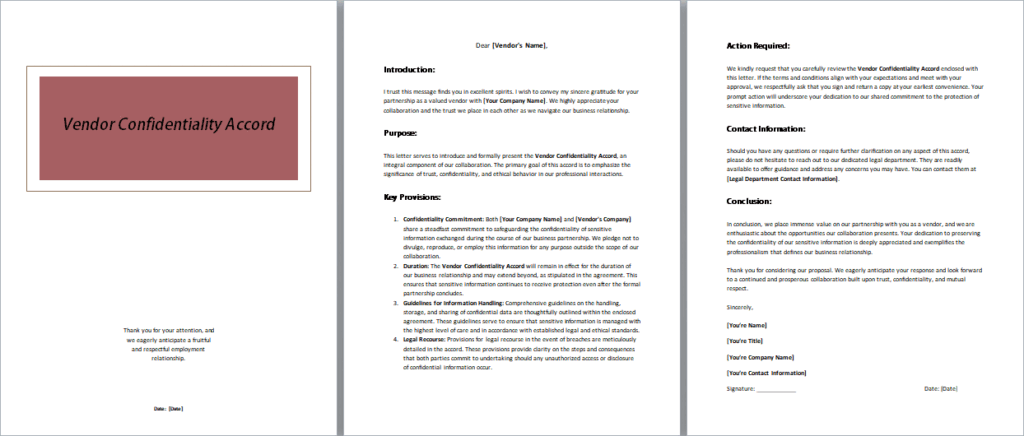
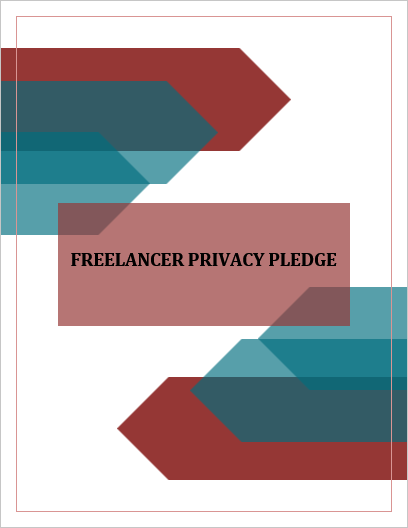
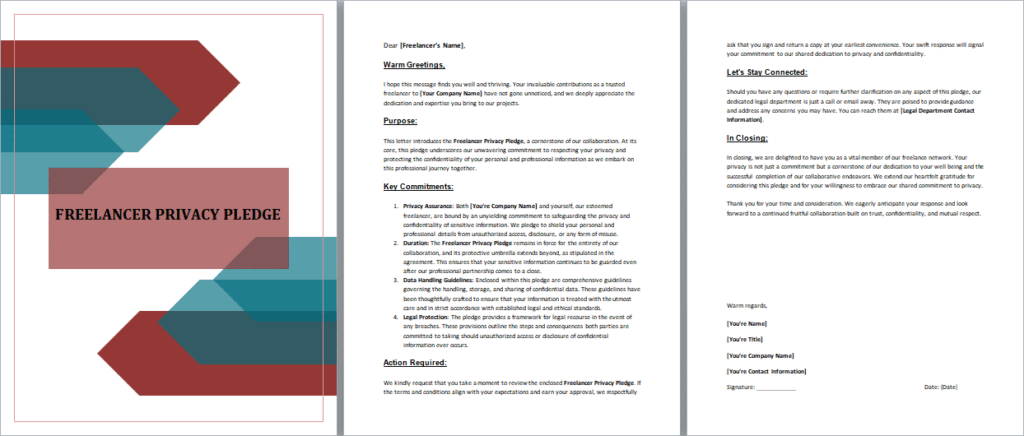

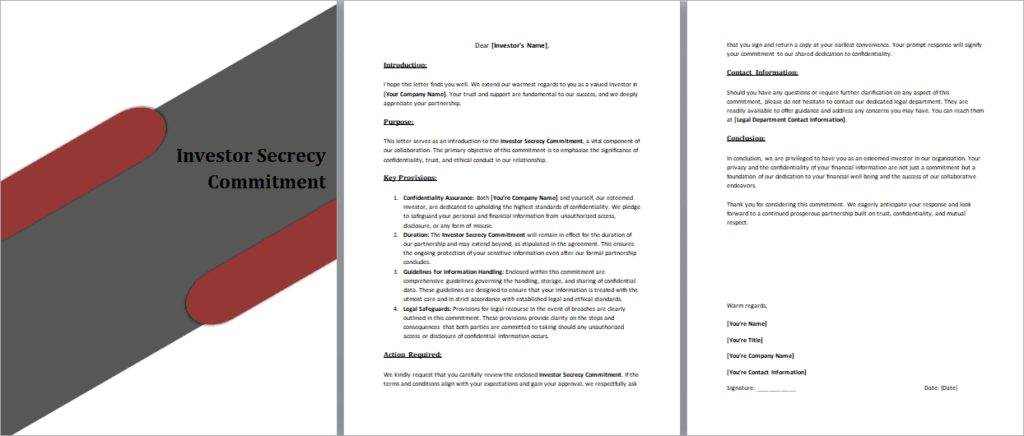

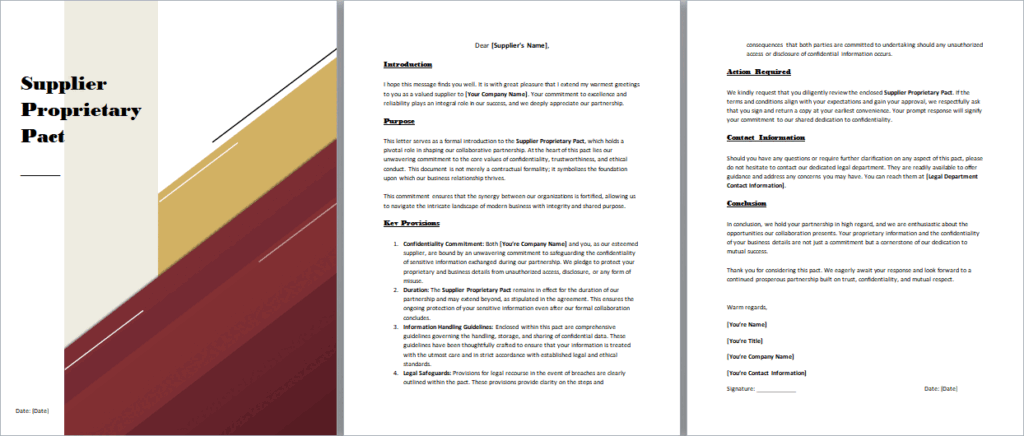
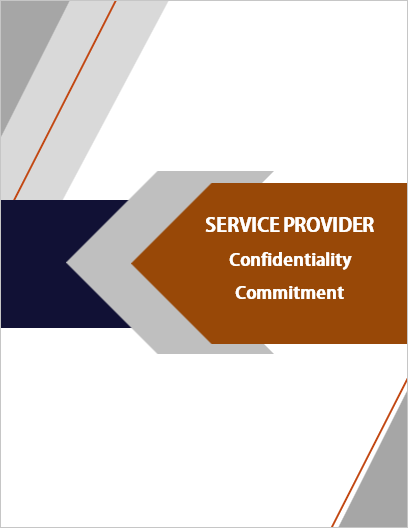
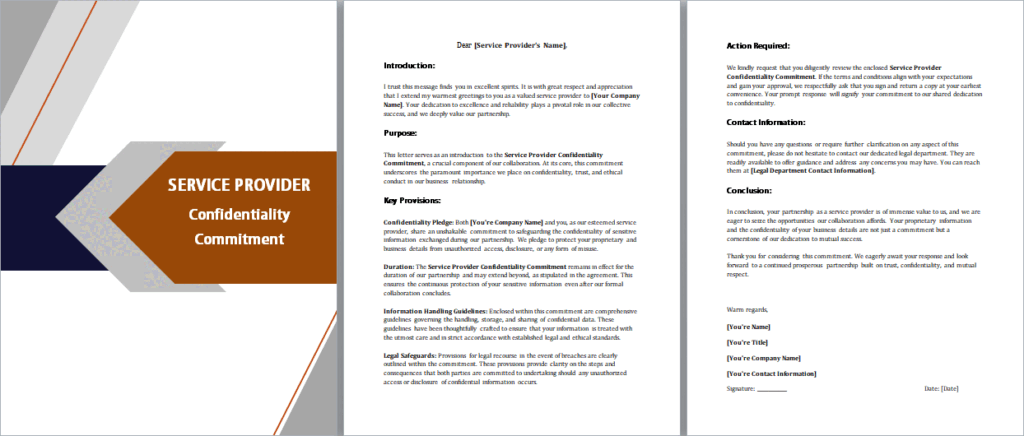
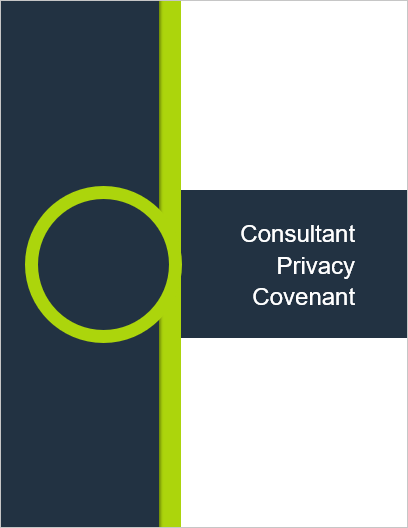
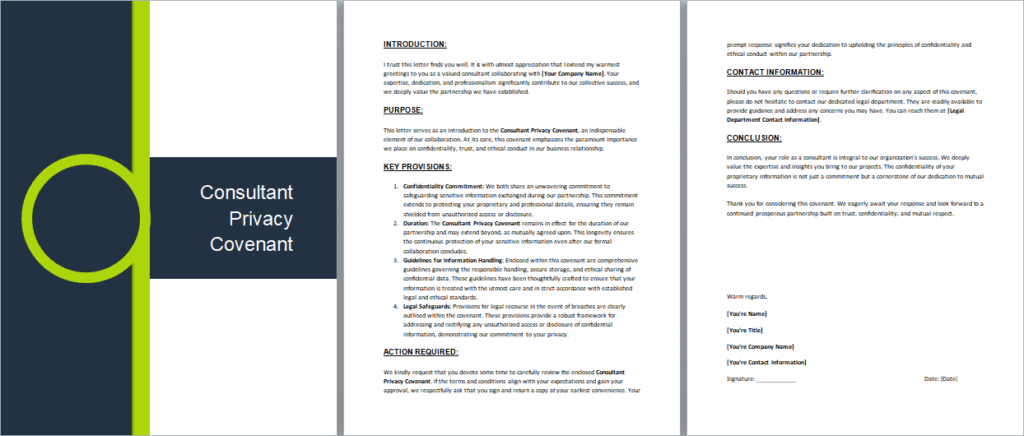

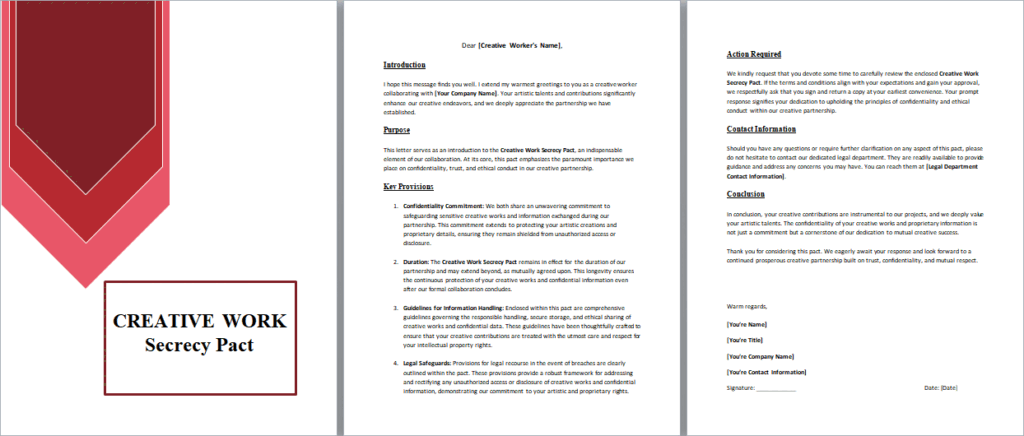
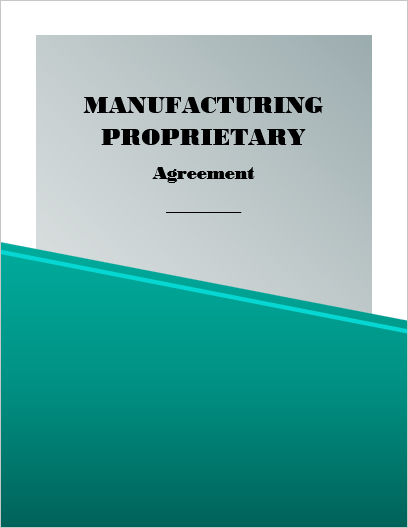
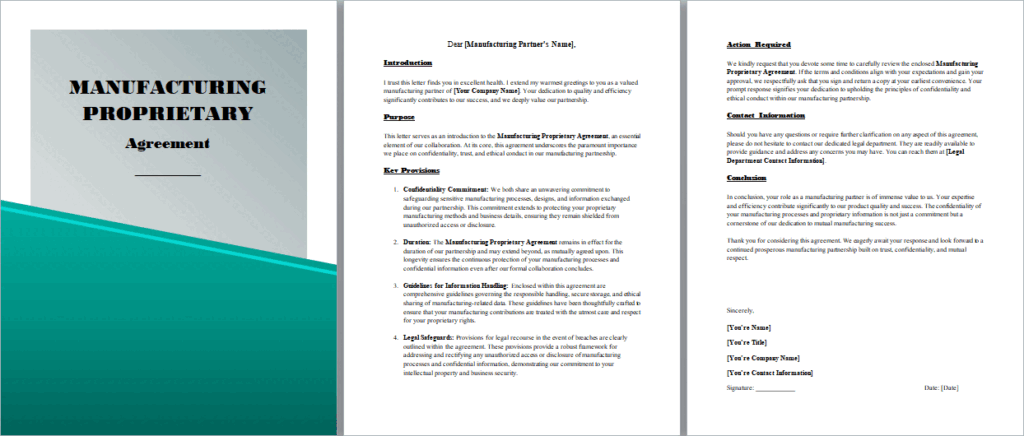
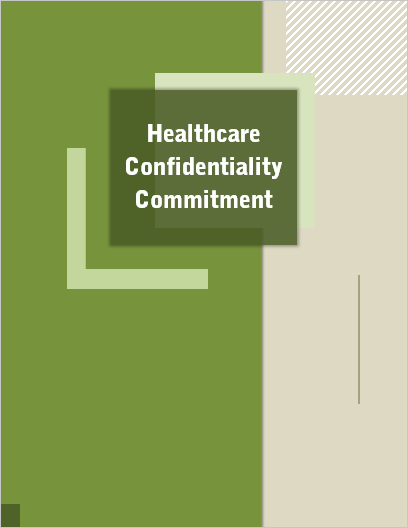
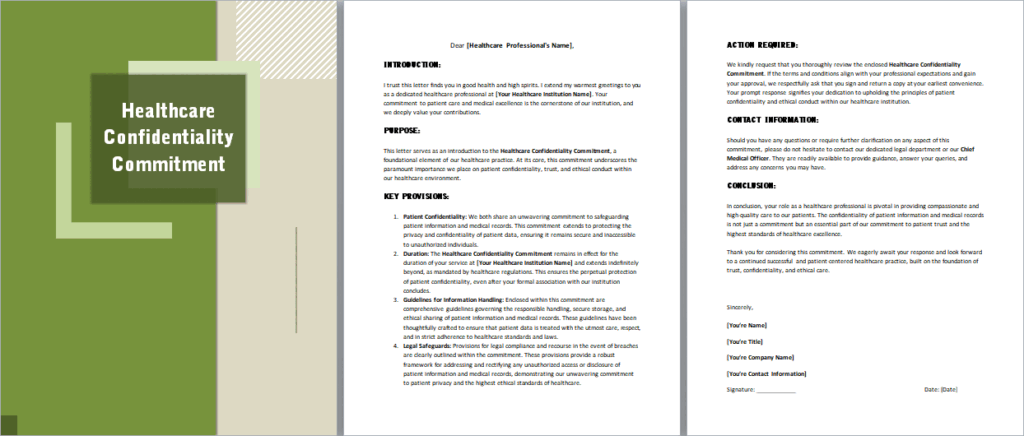
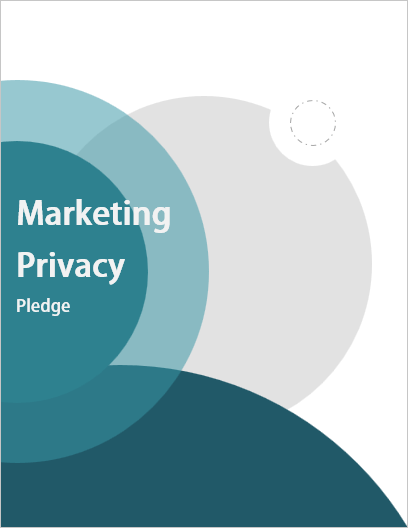
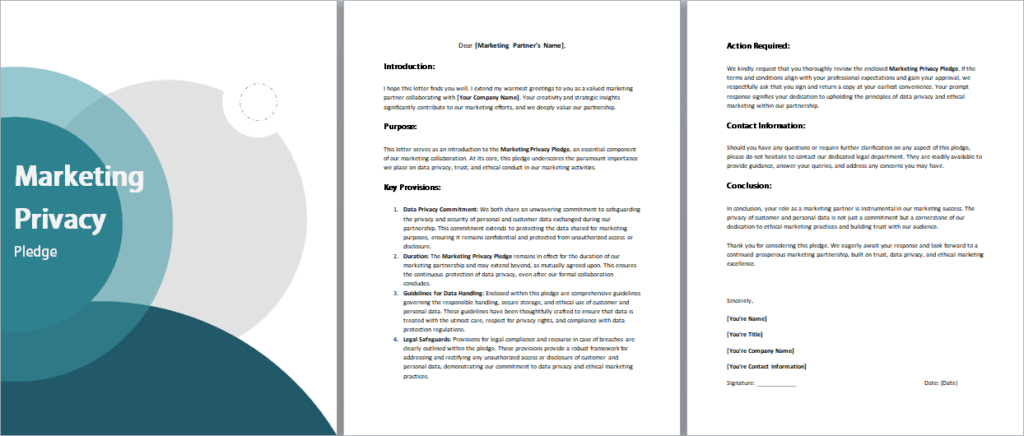
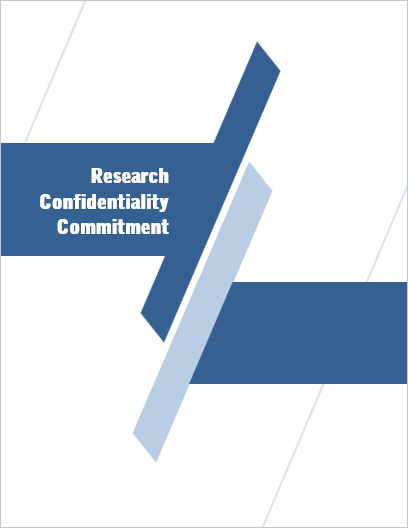
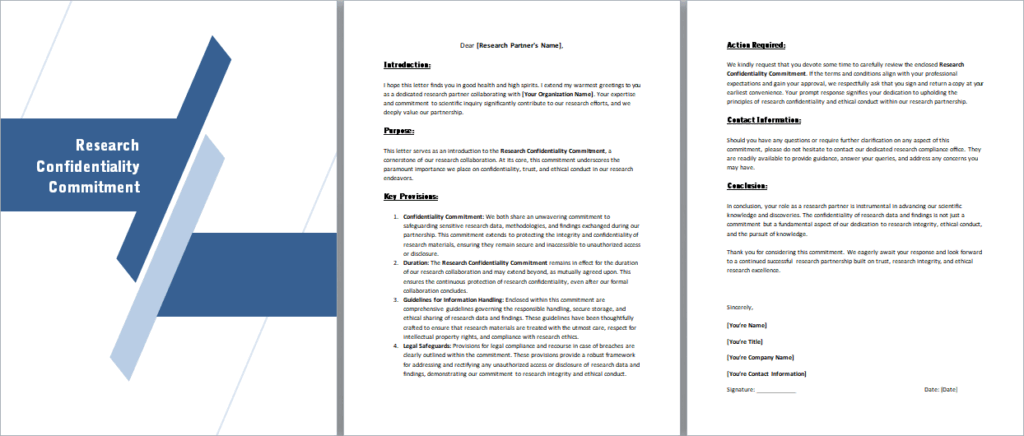
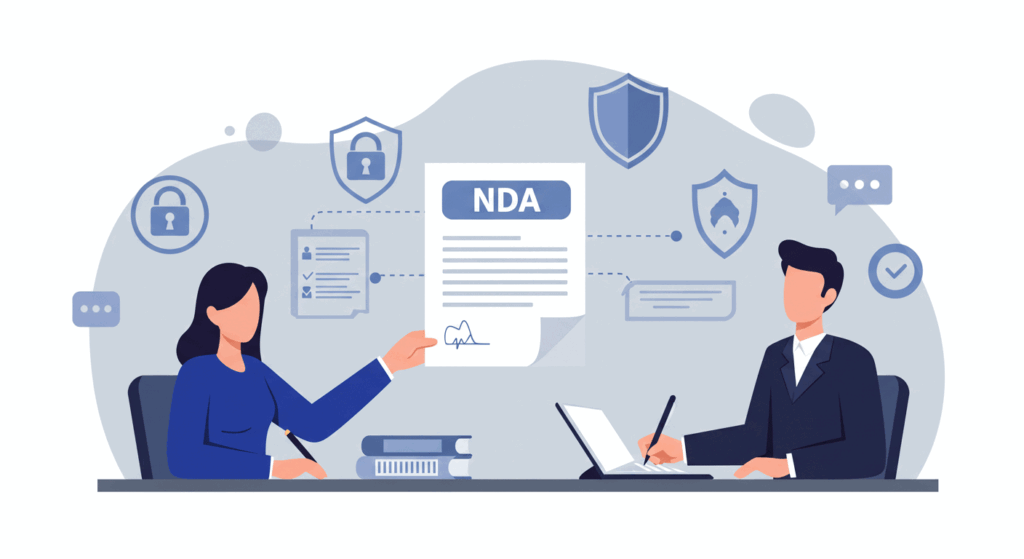

A strong Unilateral NDA should include specific clauses to ensure confidentiality is legally protected. The most important ones are:
Including these clauses ensures that your business secrets and intellectual property remain secure under a one-way NDA.
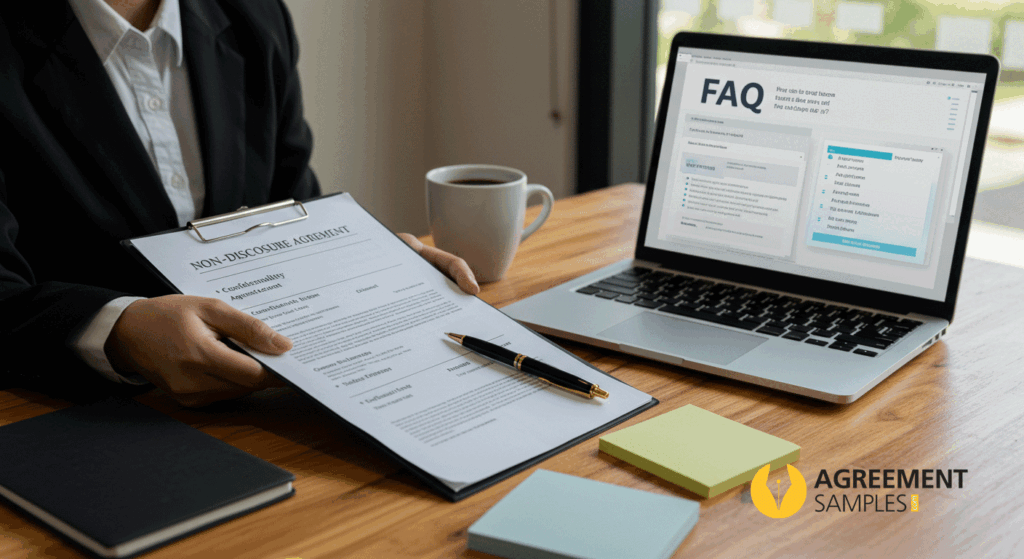
A Unilateral NDA binds only one party to confidentiality, while a Mutual NDA requires both parties to protect each other’s information.
Yes, unilateral NDAs are legally enforceable contracts. If the receiving party breaches the agreement, the disclosing party can seek damages or legal remedies.
You should use a One-Way NDA when only your business is sharing sensitive information, such as with employees, freelancers, vendors, or potential investors.
The duration is set in the agreement—commonly 2 to 5 years, but it can be shorter or longer depending on the business relationship and type of information.
← Previous Article
12+ Free Sales Agency Agreements to Empower Your Growth!Next Article →
14+ Free MS Word Commercial Lease Templates for You